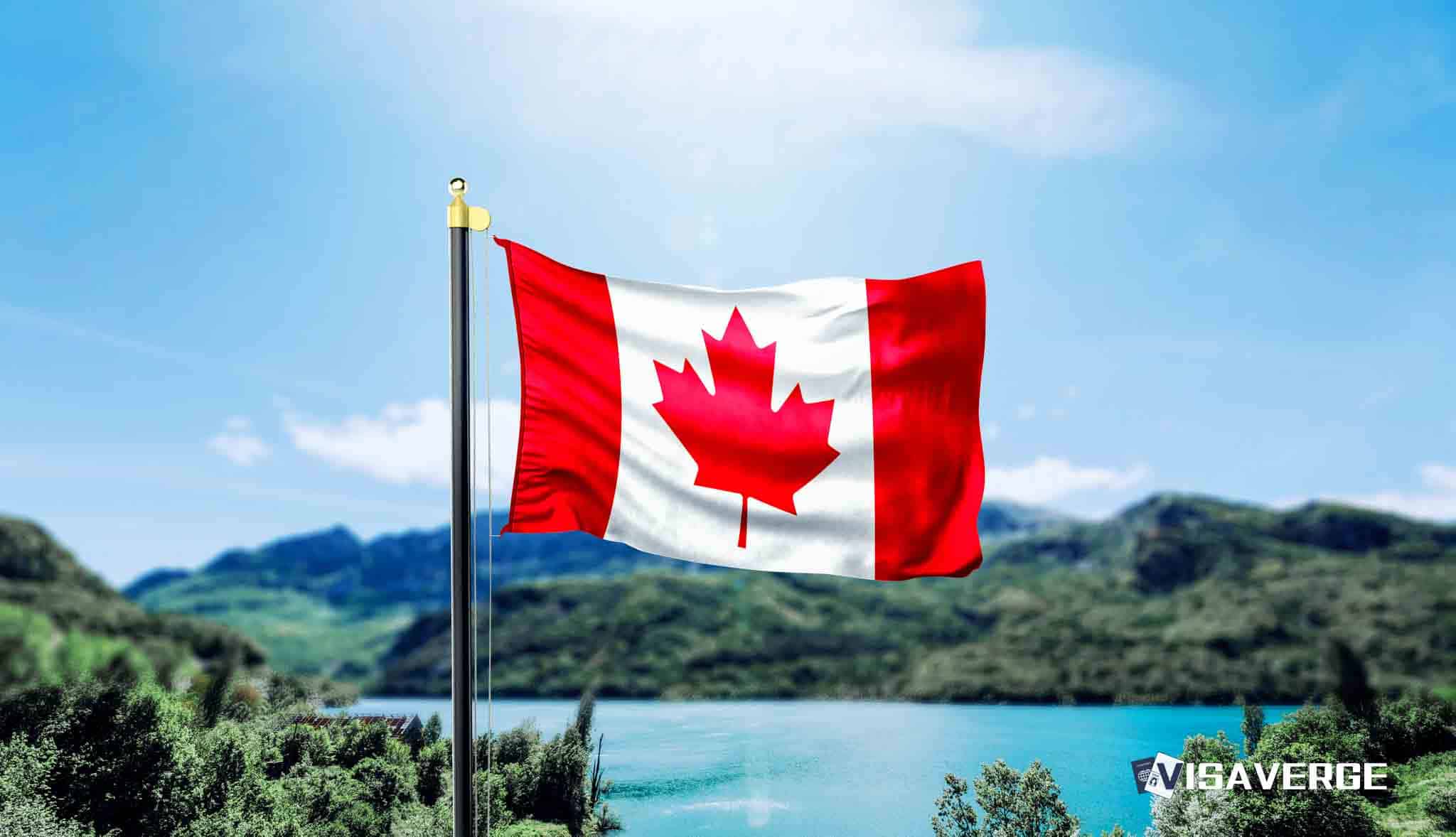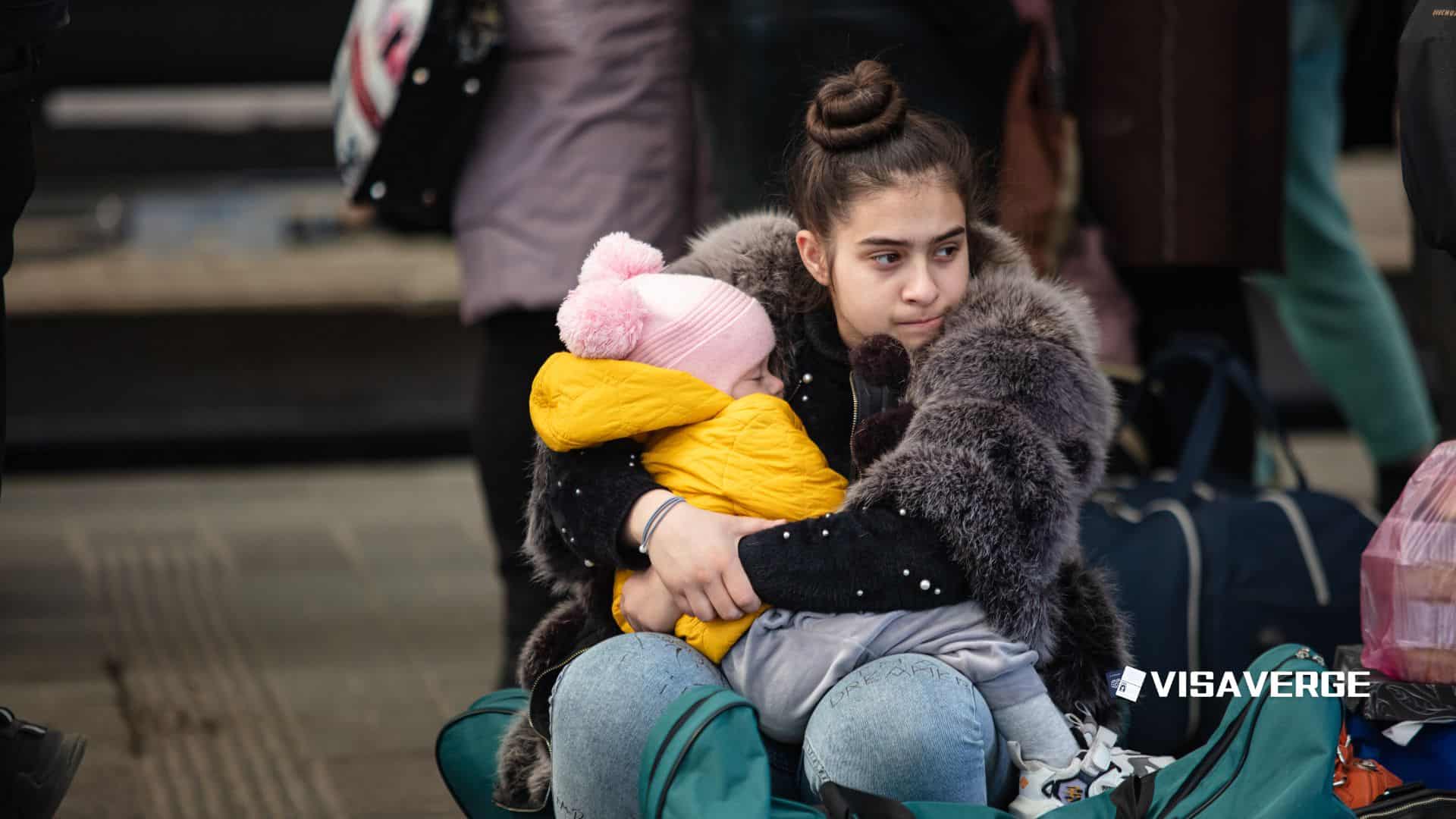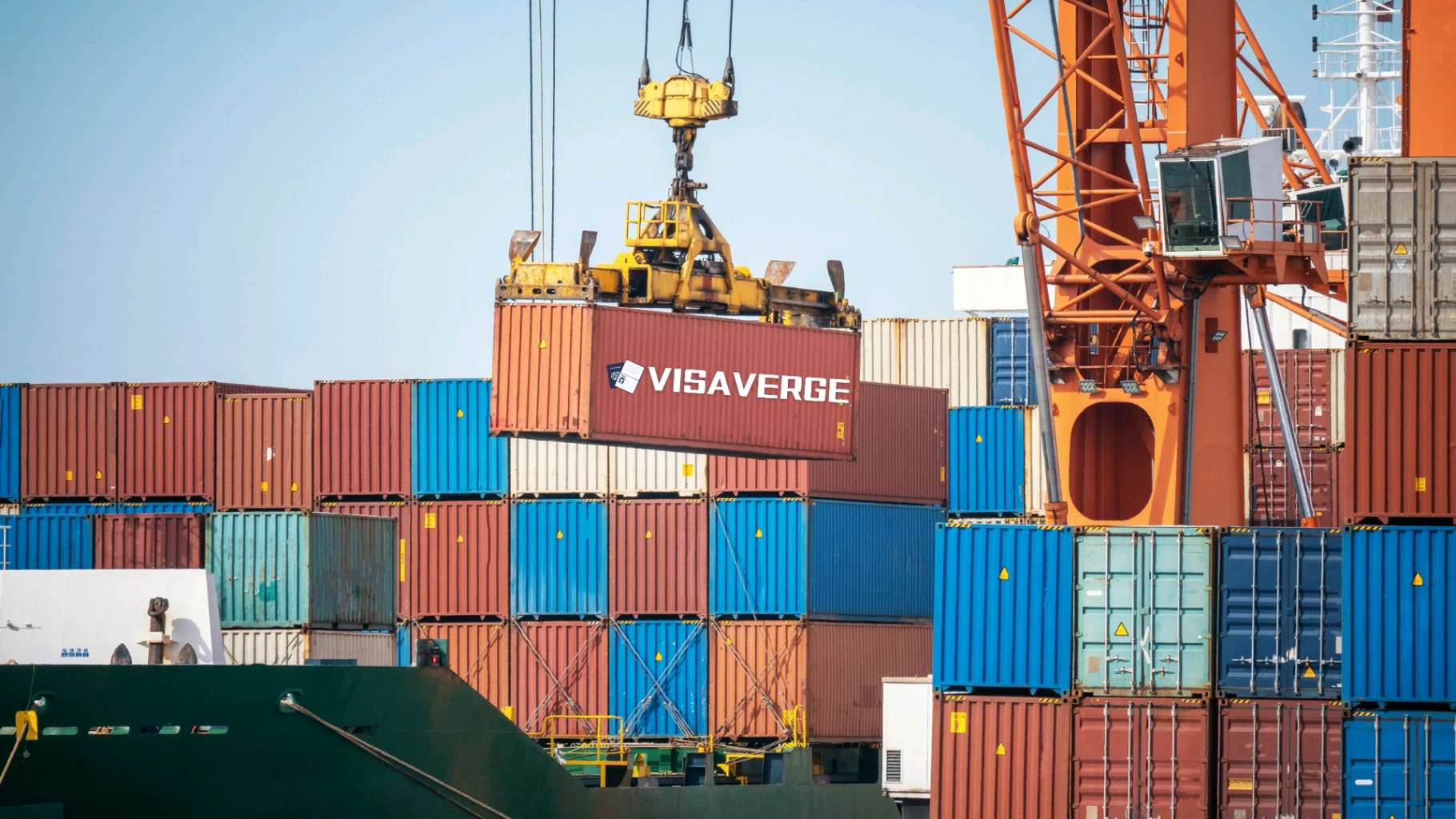The UK recorded a new high for asylum claims in 2025, with official figures showing 111,000 applications in the 12 months to June 2025, a 14% rise on the year and the largest annual total on record. The surge has sharpened political pressure on Prime Minister Keir Starmer, as opponents and hard‑pressed councils press him over asylum accommodation, decision quality, and border security.
More than 27,000 people have crossed the Channel on small boats so far this year, adding to the surge in applications. As of August 2025, over 32,000 asylum seekers are in hotels — down 43% from the September 2023 peak of 56,042, but up 8% on last year — underlining the strain on local services. The asylum backlog stood at 109,500 in March 2025, an improvement from 124,000 in December 2024 but still a heavy load.

England hosts 89% of people on government asylum support, with the North West and London carrying the largest numbers. Glasgow, Birmingham, Hillingdon, Liverpool, and Manchester are the top local authorities providing accommodation. Several councils have gone to court to block hotel use, and recent injunctions forced removals from specific sites — a sign of building local resistance and legal and budget pressure.
Policy moves and political pressure
Introduced in January, the Border Security, Asylum and Immigration Bill 2025 sets tougher tools to deter irregular entry and target smuggling networks, with a clear focus on small boat crossings. Key measures include:
- Repeal of the Safety of Rwanda Act 2024, ending the plan to send some asylum seekers to Rwanda.
- Raised penalties for people smuggling.
- Expanded data sharing so agencies can disrupt organized immigration crime.
Keir Starmer has promised to end the use of hotels for asylum seekers by 2029, while insisting that stronger border work will cut small boats. Critics argue the record numbers show the government is falling short and point to rising costs of temporary housing as proof.
According to analysis by VisaVerge.com, the size of the caseload and the pace of change will shape whether the pledge can be met within the current Parliament.
The Home Office has also moved to change how cases are processed. On 22 July 2024, the department removed the retrospective application of the Illegal Migration Act, with knock‑on effects for the order and timing of decisions. At the same time, questions over decision quality have grown, with a sharp drop in some grant rates:
- Afghan claims now see about 40% approval, down from 96% in June 2024.
- Many refusals face appeals, increasing pressure on the appeals system.
Returns policy remains a flashpoint. The share of refused applicants removed reached a record in 2024, yet only 48% of people refused between 2010 and 2020 had been removed by June 2024, showing gaps in enforcement. In 2025 there were 49,341 irregular arrivals, up 27% year on year, and the Home Office says about 88% came by small boat.
The Border Security Bill is presented as a way to stop dangerous crossings and break smuggling gangs, but critics warn faster timelines and broad data powers can risk errors if not paired with steady, well‑trained casework.
Impact on applicants and communities
The accommodation crunch still defines daily life for many waiting on decisions. More than 106,075 men, women, and children rely on government support:
- About 96% receive basic housing and payments under Sections 95 or 98.
- Around 4% get limited support under Section 4 for people who would otherwise be destitute.
Long waits often mean months in a hotel room, with little ability to work, study, or put down roots. Decision quality and the human cost are central to the debate. Families from conflict zones see more refusals at first decision and must fight on appeal, adding stress and expense to already fragile lives.
Lawyers and charities argue that stronger initial decisions would cut appeals and reduce the backlog faster than headline measures on boats or borders.
Changing nationalities and local pressure
Nationalities in the system are shifting:
- Palestinian arrivals rose to 210 in Q2 2025, up from 56 in Q1.
- Afghan outcomes show how quickly grant rates can move.
That churn complicates planning for housing, schooling, and health care in councils already feeling stretched. Several councils have taken legal action to block hotel use, and injunctions forcing removals from certain sites demonstrate mounting legal and budget pressure.
Typical applicant journey
People entering the system generally follow a standard path that rarely moves quickly:
- Application submission to the Home Office, often at or shortly after arrival.
- Initial screening for identity, security, and basic needs.
- Accommodation and payments for destitute applicants under Section 95, 98, or 4.
- A substantive decision that may take months or years because of the backlog.
- An appeal route for those refused at first instance.
- Returns for people who have no right to remain after appeals, though enforcement varies.
Data and what happens next
For those tracking the numbers, the government’s Immigration System Statistics for the year ending June 2025 set out the scale of change, including the 111,000 applications and trends in small boats, hotels, and decisions. The data are available on the official website at https://www.gov.uk/government/statistics/immigration-system-statistics-year-ending-june-2025.
What happens next will depend on two key factors:
- Whether Parliament passes the Border Security, Asylum and Immigration Bill 2025.
- How quickly the Home Office can improve decision making.
If the bill passes, penalties for smuggling will rise and agencies will share more data, which ministers say will disrupt criminal routes. If it does not pass, the government will need other ways to reduce dangerous trips while keeping the asylum system fair and workable.
Practical advice for current applicants
For people applying now, the practical steps remain simple but vital:
- Keep contact details up to date with the Home Office.
- Attend every screening and interview when called.
- Ask for legal help if you receive a refusal.
- Engage local charities for help with school places and health access, especially for children in hotel accommodation.
Community groups warn that missed letters or appointments can cause long delays, so consistent communication and timely attendance are critical for keeping cases on track.
This Article in a Nutshell
UK asylum claims hit a 111,000 peak to June 2025, intensifying pressure on Keir Starmer. Small‑boat crossings, swollen hotel placements, and a 109,500 backlog strain councils. The Border Security, Asylum and Immigration Bill 2025 targets smugglers and data sharing, while critics urge better decision quality to reduce appeals.













